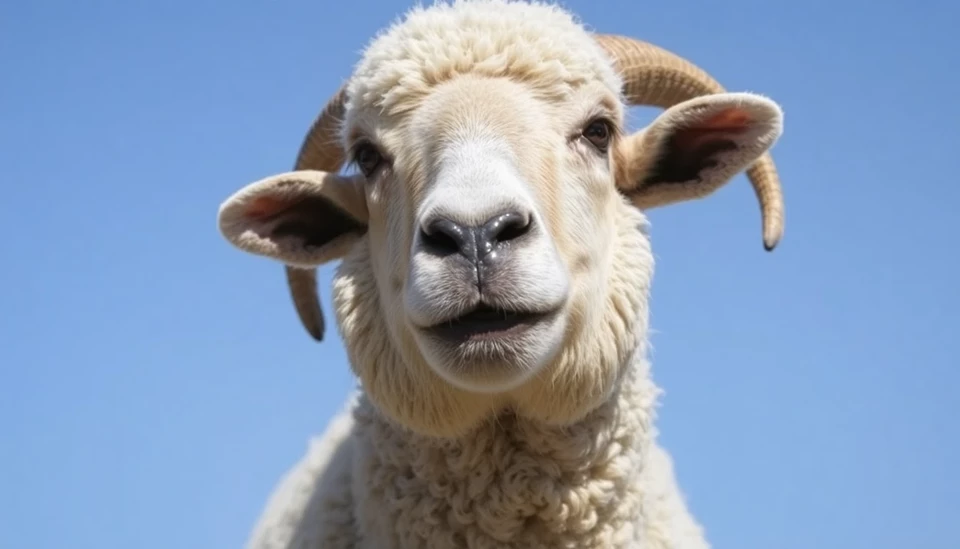
The political landscape in Australia is shifting as the opposition has made a bold commitment to revive the live sheep export industry, which has faced intense scrutiny and criticism over animal welfare concerns. With the upcoming election on the horizon, this pledge from the opposition is poised to become a pivotal issue, stirring emotions among voters and stakeholders alike.
The Labor Party's announcement comes in response to overwhelming pressure from agricultural lobby groups and farmers who argue that the live export market is essential for the Australian economy and rural communities. The move signals a significant departure from the current government’s stricter regulations that have sought to limit or outright ban live sheep exports citing inhumane treatment during transportation.
Shadow Minister for Agriculture, who is spearheading this campaign, articulated the opposition's stance, asserting that the industry is not only vital for Australia’s economic health but also for global food security. “We believe that with the right standards in place, we can ensure humane treatment while supporting our farmers and maintaining trade relationships," the minister remarked during a press conference.
This latest development comes amid ongoing debates about animal welfare, with numerous animal rights organizations launching campaigns aimed at tightening restrictions on live exports. Critics of the live sheep export trade point to numerous incidents in the past where animals were found to suffer during long journeys to overseas markets, raising concerns about the ethical implications of such practices.
As part of their proposal, the opposition has pledged to establish an independent regulatory body to oversee live exports, ensuring that stricter welfare standards are implemented throughout the shipping process. They claim that improving conditions for animals could facilitate bilateral international trade agreements while maintaining the integrity of Australia’s farming practices.
The announcement has been met with mixed reactions. While many in the agricultural sector have expressed relief and support, animal welfare advocates have voiced their profound disapproval, warning that this move could lead to a resurgence of the very practices that have drawn outrage. The opposition, however, remains steadfast in their belief that a responsible approach can pave the way for a sustainable future for both farmers and livestock.
As the election approaches, it remains to be seen how much this pledge will resonate with the broader electorate, especially amid rising awareness and concern for animal rights. Voter sentiments may heavily influence whether live sheep exports will return to the forefront of Australian agricultural policy, serving as a critical referendum on the balance between economic needs and humane treatment of animals.
The discourse surrounding this issue showcases the often-complicated relationship between economic interests and ethical considerations in agriculture, reflective of a broader trend seen globally as countries take stock of their agricultural practices in the context of changing societal values.
With public hearings anticipated and debates ramping up, this topic is expected to remain a flashpoint in Australian politics, as the nation navigates through its agricultural challenges and aspirations for the future.
As the situation develops, stakeholders from various sectors will be keenly monitoring the opposition’s policy proposals and public response, making this an essential battleground for political contestation leading to the election.
#LiveSheepExport #AnimalWelfare #AustralianPolitics #Agriculture #Election2025 #LaborParty #Farmers #AnimalRights
Author: Rachel Greene




